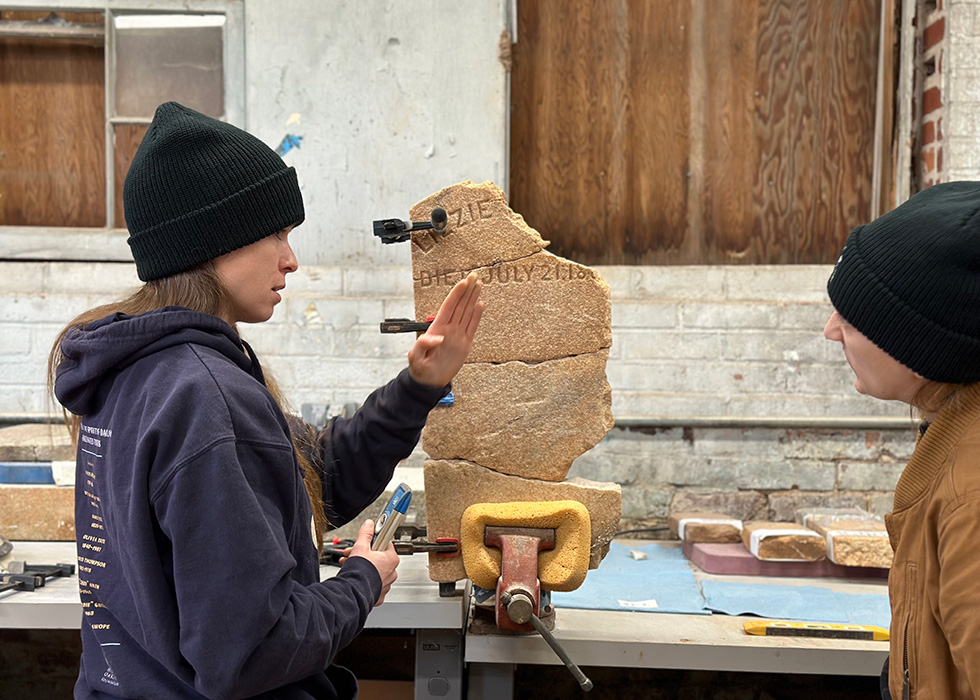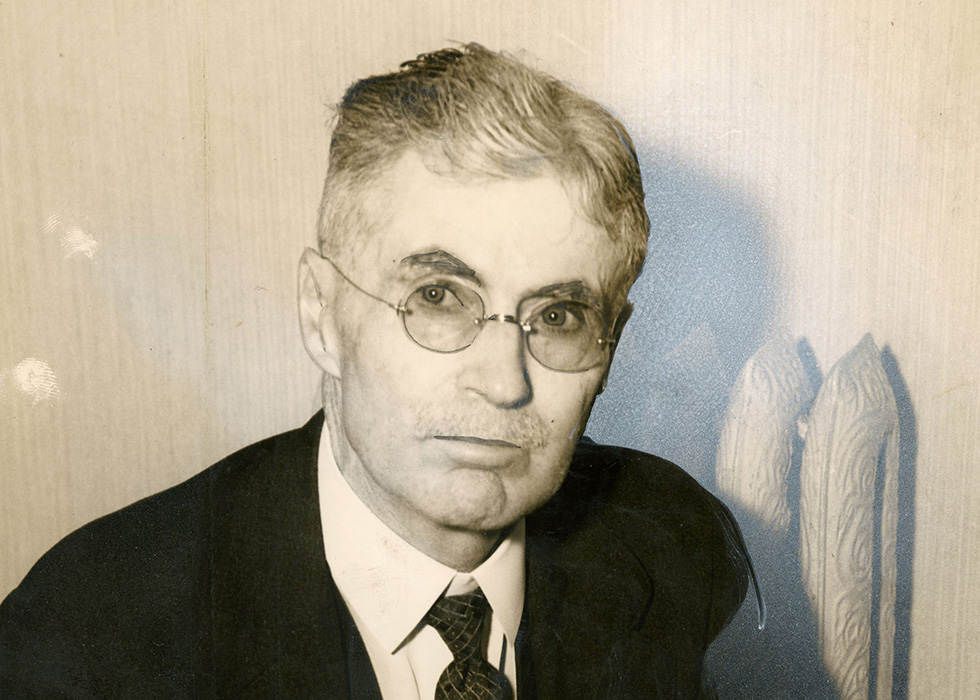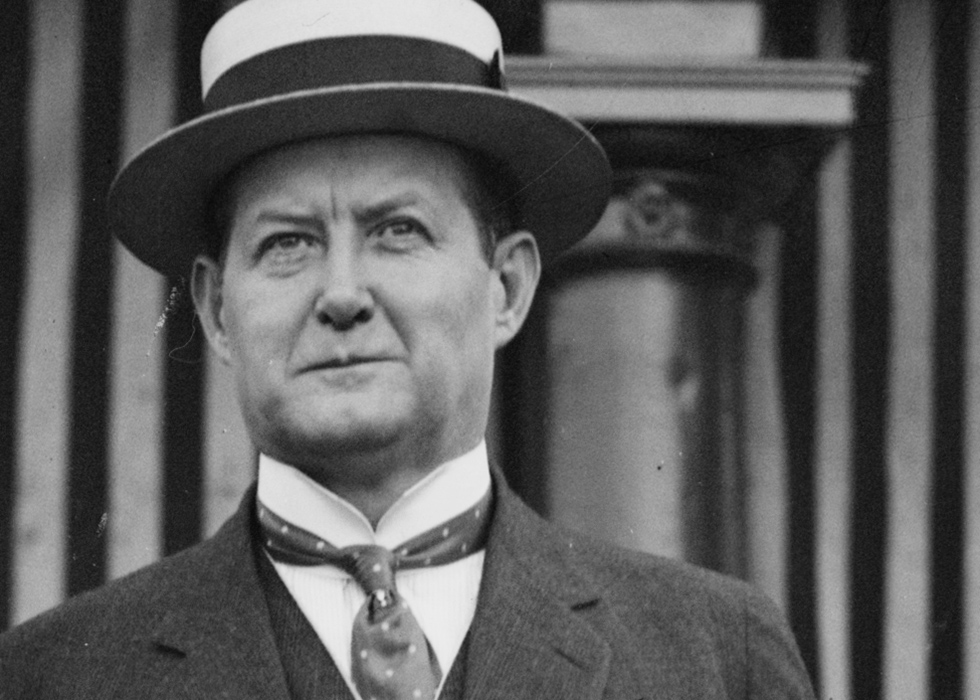
Resident Spotlight: Rhoda Kaufman

Rhoda Kaufman was born in Columbus, Ga., on Oct. 26, 1888. Her parents, Leo Kaufman and Bettie Friedlaender, were middle-class Jewish immigrants from Germany. Kaufman attended public school in Columbus and graduated as valedictorian of her class in 1906. She studied physics, logic, and psychology at Vanderbilt University and graduated Phi Beta Kappa in 1909.
Kaufman moved to Atlanta after college and pursued a career in journalism, but without much success. She soon turned towards charity work and became involved in several philanthropic organizations, including the Atlanta chapter of the American Association of College Women. During her term as chapter president, Kaufman lobbied for state funding for a training school for girls. She went on to advocate for the underprivileged, leading the Associated Charities of Atlanta’s crusade to form the Children’s Code Commission. She also led a campaign to form a training school for persons with development disabilities, and realized the importance of reliable research in developing successful programs for the poor.
In 1919, Gov. Hugh Dorsey established the Georgia Board of Public Welfare. This organization was responsible for inspecting county jails and state or local institutions “which are an eleemosynary, charitable, correctional or reformatory character, or which are for the care, custody or training of the orphaned, defective, dependent, delinquent or criminal classes.” In 1920 Kaufman was hired as assistant secretary of the Georgia Board of Public Welfare, and she was appointed executive secretary three years later. With this promotion, Kaufman became one of only three women in the country to hold so high an office.
As executive secretary, Kaufman took on some of the country’s most progressive reform efforts. Her crusading raised the ire of the Ku Klux Klan, which launched a campaign against her and what they considered “state and government interference.” The Klan tried to dismantle the Welfare Department and distributed a slanderous, anti-Semitic letter in 1928. The letter’s circulation made Kaufman realize that, in the department’s best interests, she should resign. Despite Kaufman’s resignation and the Klan’s agitation, the Georgia legislature voted to increase social welfare appropriations.
In 1930 President Herbert Hoover invited Kaufman to participate in the National Conference on Social Work. In this role, Kaufman assisted the president’s plan to use nationally-recognized experts for a scientific study of the country’s welfare conditions. She also served as executive director of the Atlanta Family Welfare Society and the Social Planning Council of Atlanta. She was named Georgia’s Social Welfare Woman of the Year in 1943. Kaufman’s desire to help others never waned and she continued to be active after her retirement. She later joined the United Nations Women’s Organization, the League of Women Voters, and the Atlanta Council of Jewish Women.
Rhoda Kaufman died on March 4, 1956, and she was buried in the Jewish Flats section of Oakland Cemetery. She was named a Georgia Woman of Achievement in 1998.



